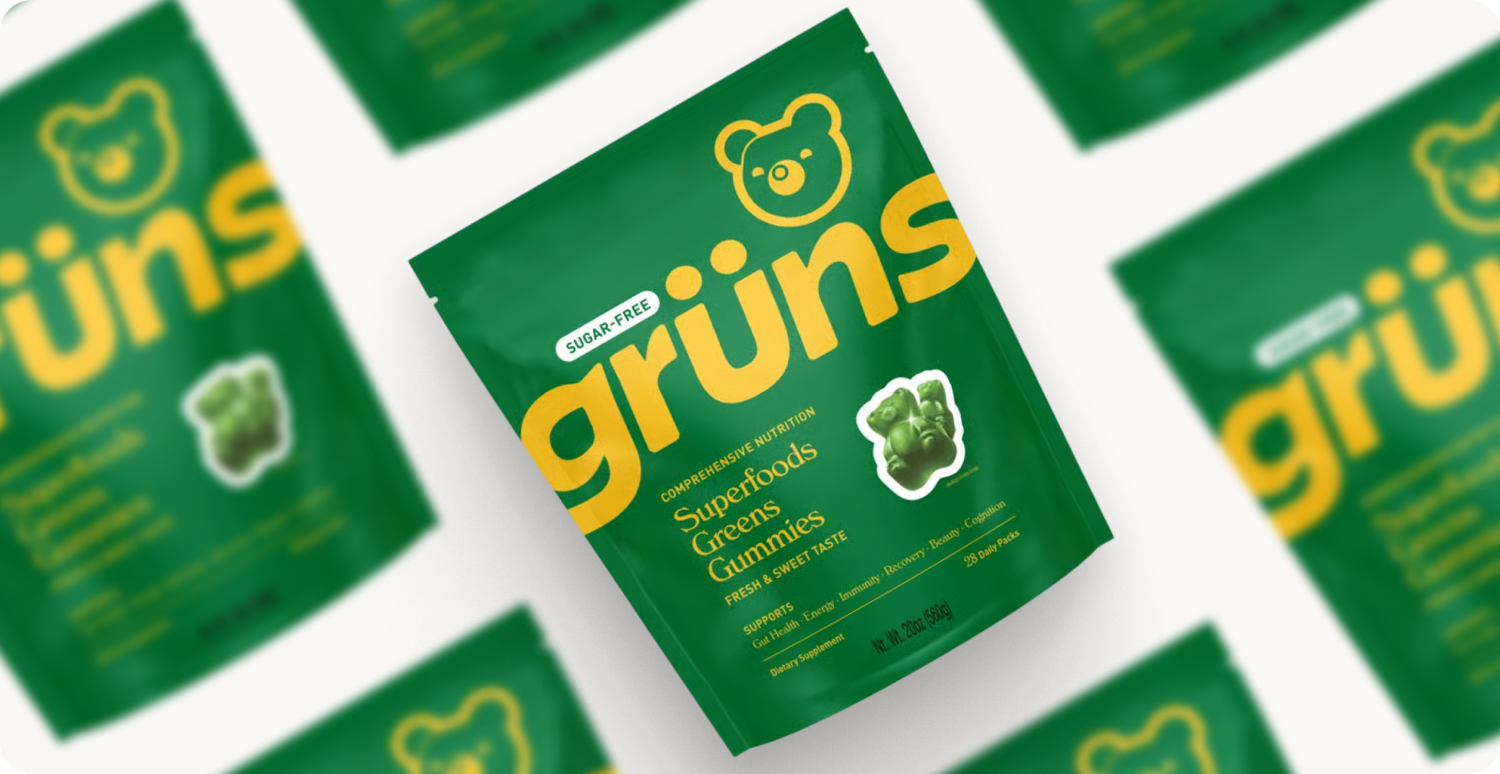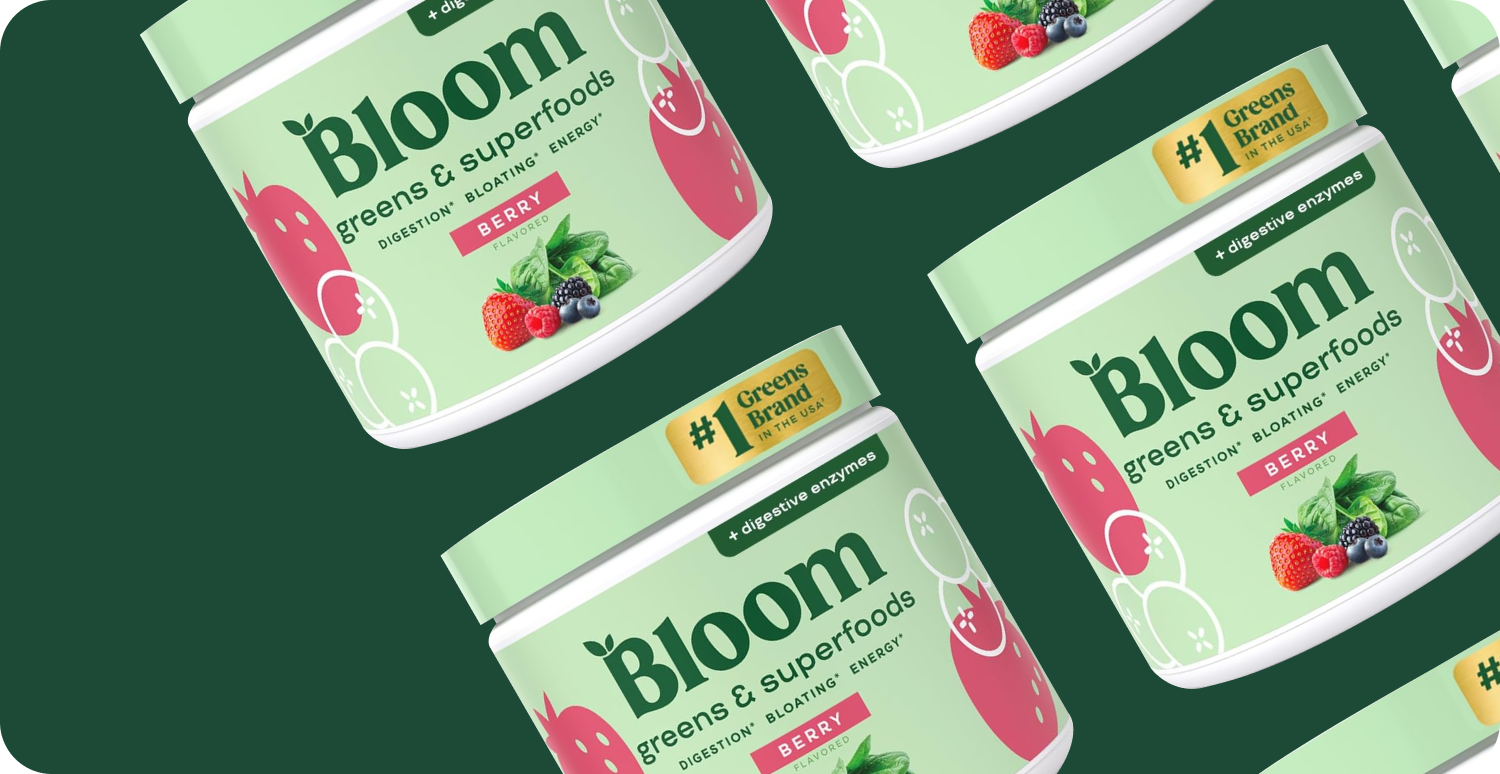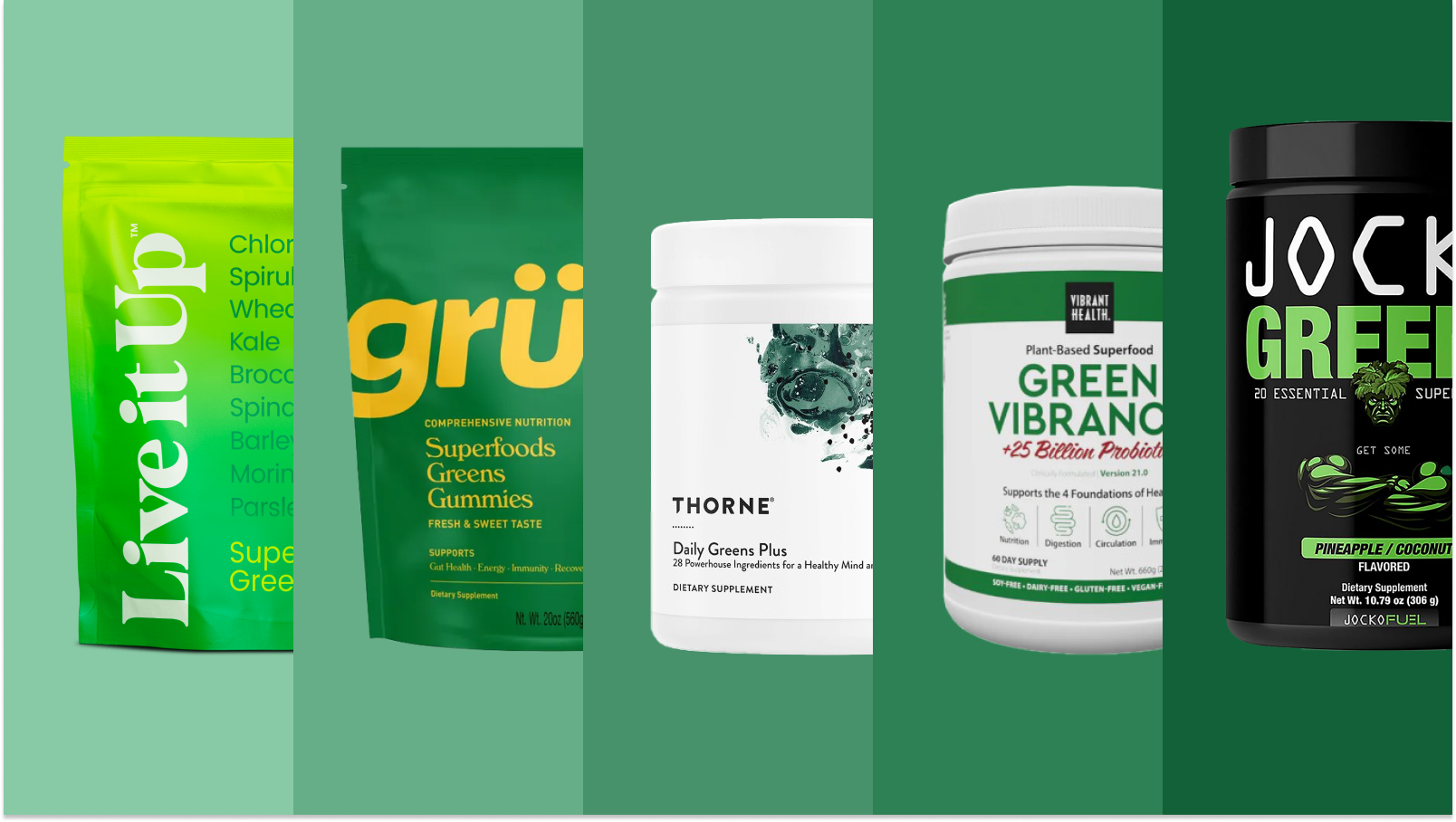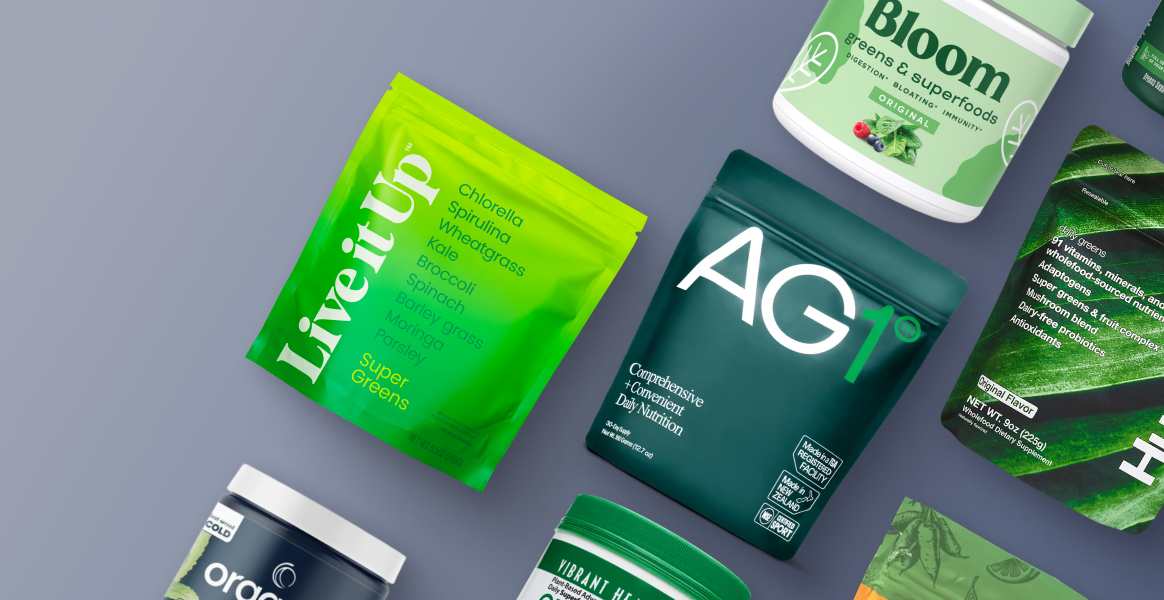There are many factors in discerning the best diet for women over 50. After all, healthy eating patterns will aid the natural aging process, so following the best diet for women over 50 is vital once you’ve entered your fifth decade. Following the best diet for women over 50 will likely increase healthy muscle mass, reduce high blood pressure, lose weight (if necessary), and contribute to healthy aging. Below, we’ll provide insights on following the best diet for women over 50. On top of special diets, you’ll learn various tips and dietary approaches to encourage a healthy lifestyle.
Why Must Women over 50 Prioritize Their Diets?
WebMD states that women over 50 are at higher risk of many of the same conditions as men over 50, such as:
- High blood pressure
- Type II diabetes
- Obesity
- Heart disease
- Osteoarthritis
- Alzheimer’s
Additionally, 1 in 3 women over 50 are in danger of a bone break due to osteoporosis. These rates vastly eclipse men. Since women over 50 are going through menopause, they experience a steady stream of issues that didn’t impact them as younger women.
12 Dietary Tips for Women Over 50
Below, we’ll suggest 12 dietary tips to help women over 50 establish healthy eating patterns, examining the pros and cons of each recommendation.
1. Increase Your Calcium Intake
Given the risk of osteoporosis for women over 50 (partially due to a dwindling ability to tolerate dairy, according to the Mayo Clinic), there’s a need to add foods high in calcium.
Examples include dark leafy greens and orange juice fortified with calcium. The Mayo Clinic also states that women over 50 need 1,200 milligrams of daily calcium.
Pros
- High calcium intake is linked to boosted urinary estrogen metabolites and increased bone mineral density after menopause
- Thus, you’ll end up at a lower risk of bone breaks.
Cons
- Too much calcium causes hypercalcemia, weakens bones, and interferes with brain and heart function
- Having too much calcium also leads to kidney stones.
The Bottom Line: Relying on salmon, sardines with bones, leafy greens, low-fat dairy, and tofu for your recommended calcium intake will have a long-term positive impact.
2. Add Protein to Foster Healthy Muscle Mass Growth
Becoming less physically active is a trend for aging women, leading to sarcopenia–the loss of muscle mass.
Adding enough protein to your diet offsets the loss of healthy muscle. Experts point out that even plant-based diets offer plenty of protein in the form of quinoa, dairy, nuts, soy, beans, and seeds.
Furthermore, experts suggest that women 50-plus eat 1.5 grams of protein per 2.2 pounds of body weight.
Pros
- Adding healthy proteins will help increase muscle mass as you age
- A high-protein diet can increase calorie burning and promote weight loss/maintenance.
Cons
- Sometimes, increased protein can lead to fiber deficiencies
- Many high-fat and processed foods are filled with protein.
The Bottom Line: Mixing the appropriate amount of healthy and lean proteins in your diet is conducive to positive long-term health as you age. Make sure the rest of your diet is well-rounded.
3. Enhance Brain Function with Vitamin B12
You absorb fewer nutrients from your food as you age, including vitamin B-12, which is a problem since B-12 helps maintain brain function.
Eggs, milk, fish, lean meats, and fortified foods (e.g., grains and cereals) are the best vitamin- B-12 sources. It’s suggested that women need 2.4 micrograms of daily B-12 once they’re over 50.
Pros
- Vitamin B-12 prevents brain shrinkage and atrophy
- It helps maintain overall health
- B-12 can also reduce the risk of depression and memory loss.
Cons
- There’s a potential for allergic reactions
- Drugs for diabetes, acid reflux, and other conditions make B-12 absorption challenging.
The Bottom Line: Getting your recommended vitamin B-12 will help prevent a mental decline as you age, and side effects are rare. Talk to a Registered Dietician or doctor about supplementation if required.
4. Mediterranean Diet for Improved Heart Health and Healthy Fats
After turning 50, almost 50% of deaths in women stem from cardiovascular disease.
The Mediterranean Diet focuses on heart health, incorporating veggies, fruits, nuts, herbs, seeds, whole grains, spices, and other plant-based foods. Olive oil is the primary source of healthy fats in this diet.
Moderate amounts of seafood, fish, poultry, and dairy are included. Sweets and red meat are allowed as (very) occasional treats.
Pros
- The Mediterranean Diet lowers total cholesterol and “bad” cholesterol
- It also fights inflammation
- The omega-3 fatty acids in the Mediterranean Diet reduce stroke and heart failure risks and blood clotting.
Cons
- The Mediterranean Diet can cause unwanted weight gain
- It can also be hard on your budget.
The Bottom Line: The Mediterranean Diet is conducive to robust living and health as you age, but carefully consider your portion sizes and budget.
5. Intermittent Fasting for Improved Metabolism
In general, fasting might improve metabolism and mental health. It also helps prevent nerve, muscle, and joint disorders that impact women older than 50. Your fat stores get used as fuel in fasting mode, promoting body fat burning.
Intermittent Fasting means you’re only eating during specific timeframes, with multiple options, such as the daily method, the 5:2 approach, the alternate day method, etc.
Pros
- Beyond weight loss, this type of fasting helps with musculoskeletal health
- It can also reduce blood pressure, cholesterol, and belly fat during menopause, which helps with insulin sensitivity.
Cons
- This type of fasting might not be appropriate for people who suffer from disordered eating
- Skipping meals can lead to headaches, dizziness, and nausea.
The Bottom Line: This dietary method can be massively beneficial, but it’s not for everybody.
6. The DASH Diet to Manage Hypertension
DASH stands for Dietary Approaches to Stop Hypertension. It includes food rich in magnesium, potassium, and calcium–all nutrients that control blood pressure. A DASH diet limits high-sodium foods, added sugars, and saturated fats.
Pros
- Going on a DASH diet can lower blood pressure in two weeks
- This diet typically limits bad cholesterols
- It can help prevent heart disease and stroke.
Cons
- The DASH diet can be hard to maintain
- It can be inconvenient and takes a lot of work.
The Bottom Line: The DASH diet can help reduce many risk factors as you age. You’ll likely need to reach out for additional support to maintain it successfully.
7. Avoid Processed Foods
Processed foods are abundant in salt, saturated fats, calories, and refined sugars. Alternatively, they’re low in vitamins, minerals, and fiber.
Even at a younger age, these foods aren’t healthy–but your metabolism is more up to the challenge. As you age, processed foods become more harmful, increasing your risk of heart disease, weight gain, and several other chronic conditions.
Pros
- Almost all healthy eating patterns for women 50-plus don’t involve processed items.
- You’ll quickly feel healthier with improved digestion and metabolism.
Cons
- Processed foods are everywhere and can be difficult to avoid.
The Bottom Line: Enjoy processed food on a limited basis, but avoid it for the most part.
8. The Flexitarian Diet for a Flexible Plant-Based Option
Women 50 years old and above who want to boost their fiber and plant protein intake while reaping the nutrition of animal products (as needed) should consider the Flexitarian Diet.
While primarily plant-based, the Flexitarian Diet occasionally incorporates eggs, meat, dairy, and fish.
Pros
- The Flexitarian Diet offers more omega-3 and irons than strict plant-based diets
- It’s high in calcium, making the Flexitarian approach ideal for post-menopausal women
- Additionally, this diet can positively impact heart health, diabetes prevention, and body weight.
Cons
- There’s a potential for lessened iron intake with this diet
- Those with diabetes will need extra guidance.
The Bottom Line: Almost anyone looking for a flexible, budget-friendly plant-based diet who wants to cut down on meat consumption could benefit from the Flexitarian Diet.
9. The MIND Diet for Better Brain Health
We’ve already discussed cognitive decline in women older than 50. To that point, 2/3rds of people who have Alzheimer’s are women.
The MIND Diet (Mediterranean-DASH Intervention for Neurodegenerative Delay) helps prevent Alzheimer’s, combining elements of the DASH and Mediterranean approaches we’ve discussed.
Grains, leafy greens, beans, fatty fish, and olive oil are encouraged, while fried foods, butter, sweets, and cheese aren’t recommended.
Pros
- The MIND Diet is said to slow cognitive decline while aging
- Even moderate participants in this diet reap its mental benefits.
Cons
- Since the guidelines are broad, there’s a lot of room to cheat.
The Bottom Line: The MIND Diet combines the best DASH and Mediterranean eating approaches, making it a potent tool to ensure lasting health. It might require additional guidance to hone for the best outcomes.
10. Intuitive Eating for the Anti-Dieter
Dietitians who believe chronic dieting leads to psychological and physical harm created the Intuitive Eating method. The nutritional approach involves 10 foundational principles, including:
- Honoring your health
- Making peace with food
- Emotionally coping without food
Intuitive eating doesn’t ban food or regulate meal timing or portion sizes. It’s meant to help participants relearn how to be in tune with natural fullness and hunger cues.
Pros
- Studies suggest that intuitive eating reduces disordered eating risks and improves psychological health
- Intuitive eating appears to be conducive to healthy weight maintenance.
Cons
- Getting in tune with your body requires trial, error, and time.
The Bottom Line: The goal of this approach means eating what you want when you want. Working with a Registered Dietician will help you get in tune with your hunger patterns.
11. Paleo Diet to Reduce Diseases Risks
Studies suggest the Paleo Diet can help post-menopausal women control their cholesterol and disease risks.
The Paleo Diet incorporates lean meats, veggies, fruits, fish, nuts, seeds, and eggs while avoiding dairy, legumes, and grains. This nutritional approach operates under the assumption that our genes aren’t adjusted to the modern, farming-forward diet.
Pros
- The Paleo Diet removes processed food
- It’s low in sugar.
Cons
- Since it’s so restrictive, the paleo diet is hard to maintain.
The Bottom Line: The Paleo diet can generate results, but it often isn’t long-lasting since it’s not the most sustainable.
12. Consume Insoluble Fibers for Diabetes Prevention
Insoluble fiber is nondigestible and also called roughage. It passes, undigested, through the upper gut to feed the lower intestines’ good bacteria, positively affecting hormone balance.
Roughage combined with good bacteria offers extra diabetes protection. The insoluble fiber slows digestion and regulates blood sugar. The bacteria improves insulin sensitivity.
Pros
- Insoluble fiber contributes to regular bowel movements
- It reduces diabetes risks.
Cons
- Those with irritable bowel syndrome (IBS) can have symptoms triggered and should focus their nutrition on soluble fibers instead.
The Bottom Line: Nearly every woman past 50 should incorporate insoluble fiber into their diet unless they suffer from IBS.
How Can Top Nutrition Coaching Help with Your Diet?
Coming to terms with your post-50 evolution as a woman can be overwhelming. It can be even more daunting to figure out the best possible diet to help with the natural aging process.
Fortunately, the team of talented, passionate Registered Dieticians at Top Nutrition Coaching can provide the expert dietary guidance you need. We’ll match you with a licensed nutrition professional specializing in healthy eating patterns for women older than 50.
Getting started with TNC is practical and accessible. There’s no frustrating, inconvenient trip to the doctor’s office, and there’s no getting stuck with a Registered Dietician that doesn’t suit your needs. All you need to do is complete our quiz. Then, we’ll match you with the licensed nutrition professional that best fits your responses and health history.
Frequently Asked Questions
Below are some questions we’re frequently asked about dieting for women older than 50.
What’s the best diet for a woman older than 50?
It’s believed that the Mediterranean Diet is the most well-rounded diet for women above 50, as it promotes the healthiest eating patterns.
What’s the best way for women 50-plus to lose weight?
Women over 50 who want to lose weight can:
- Embrace moderate strength training
- Create a support system
- Speak to a Registered Dietitian
- Cook more home meals
- Eat more protein
What’s the suggested calorie intake for a woman older than 50?
Women older than 50 should eat between 1,650 and 2,100 calories per day for healthy weight maintenance.

















.jpeg)



